critical race theory

Shermer and Campbell discuss: the telos of sociology: truth or activism? • Can we make people better? • evaluating ideologies • victimhood culture vs. honor culture • conflicting rights and social tradeoffs • CRT, DEI, cancel culture, identity politics • the true motives of woke, progressive leftists • How widespread is the problem of woke ideology? • equality vs. equity • overt racism vs. systemic racism.
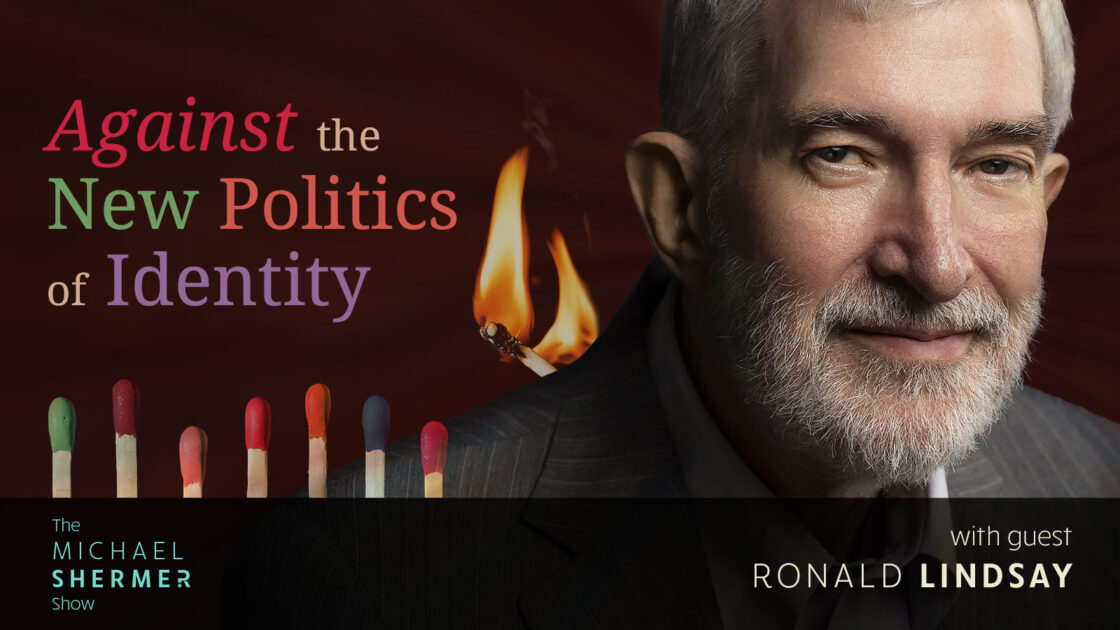
Shermer and Lindsay discuss: identity politics: identity or politics? • woke ideology • overt racism vs. systemic racism • liberalism vs. illiberalism • woke progressive leftists motivations? • Critical Race Theory (CRT) • Diversity, Equity and Inclusion (DEI) • What is progressive? What is woke? • standpoint epistemology • equality vs. equity • race • class • cancel culture • Christian nationalism.
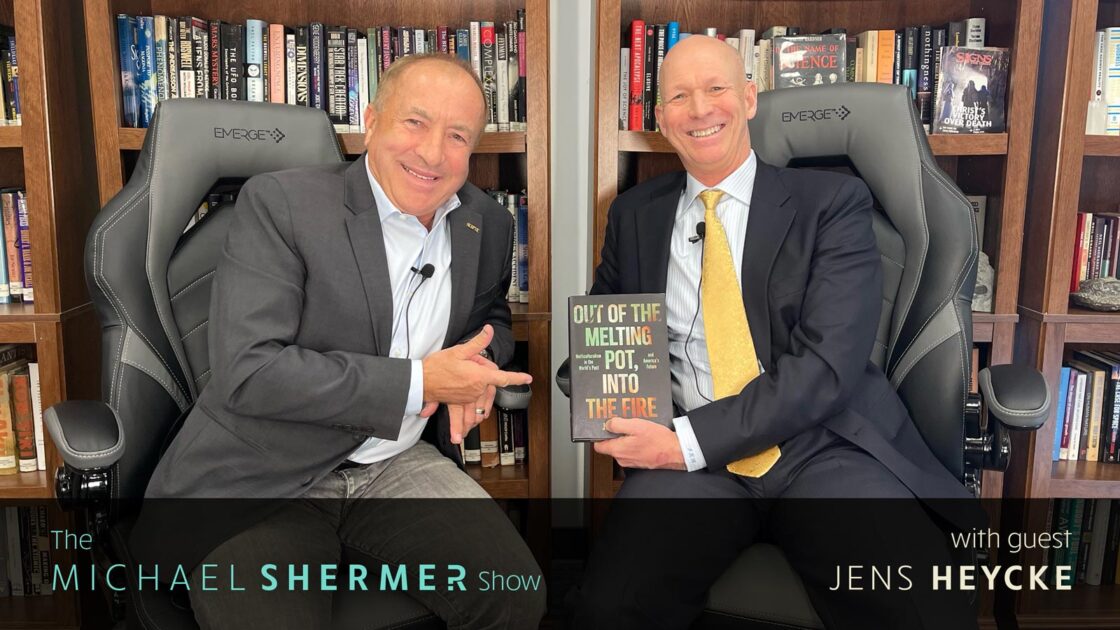
Shermer and Heycke discuss: • melting pots • culture • multi-culturalism • identity politics • cancel culture • cultural appropriation • Critical Race Theory • Affirmative Action • why group preferences tend to last forever • human nature and factionalism • how official recognition and group preferences exacerbate group divisiveness • how group identification is fluid and contextual • the future of democracy • the rise of anti-Semitism in recent years.
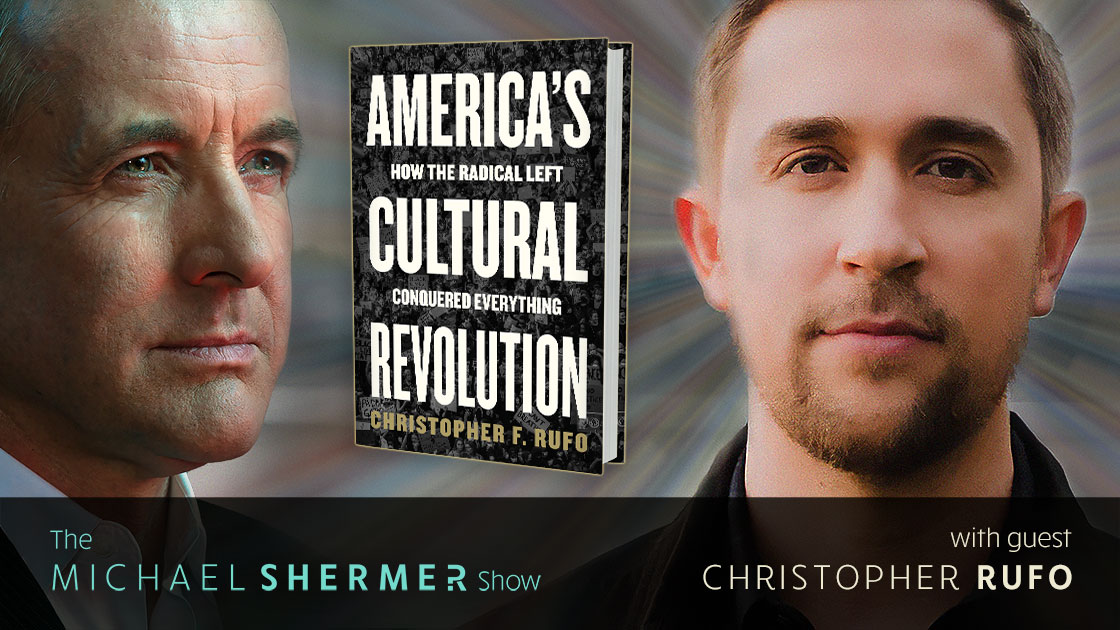
Shermer and Rufo discuss: race as America’s original sin • civil rights movement then and now • liberalism vs. illiberalism • equality vs. equity • overt racism vs. systemic racism • intellectual origins of the cultural revolution: Herbert Marcuse, Angela Davis, Paulo Freire, Derrick Bell, Eldridge Cleaver, Huey Newton • Black Lives Matter origins in the Black Liberation Army and the Black Panthers • critical race theory (CRT) • diversity, equity and inclusion (DEI), and more…
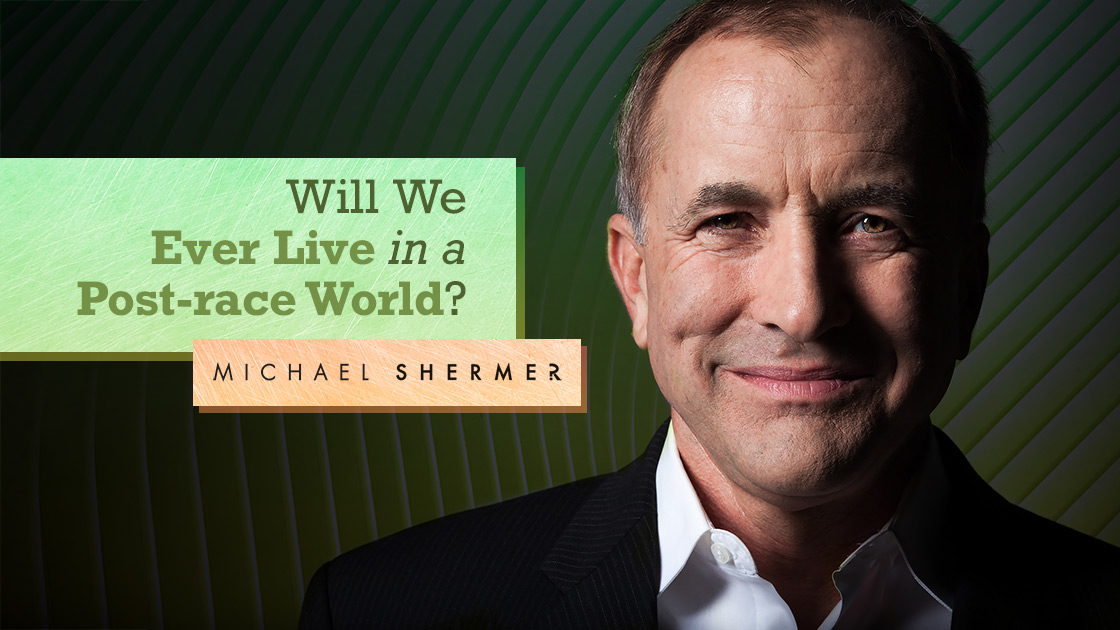
In this special episode of the podcast, Michael Shermer talks about: why race still matters and why it shouldn’t • racism • BLM (Black Lives Matter), CRT (Critical Race Theory), DEI (Diversity, Equity, and Inclusion) • Anti-bias training • the Implicit Association Test and if it measures unconscious racism • race and IQ and why such group differences are environmental and not genetic • how we can achieve a post-race world.
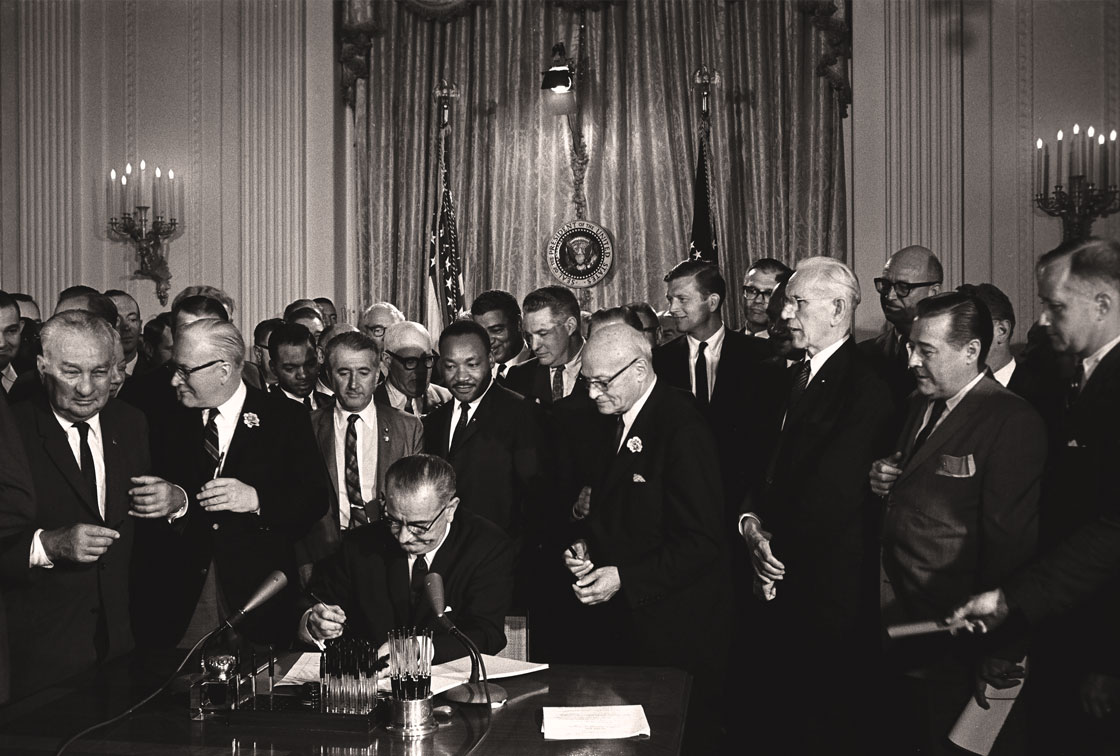
In this provocative article on the controversial topics reparations, and what is owed to the descendants of African Americans who were enslaved, Jason Hill argues that the Civil Rights movement and ensuing acts and laws in the 1960s and 1970s have already provided a type of reparations, and that more such reparations, particularly in the form of cash payments, are unnecessary, not to mention nearly impossible to determine who is owed what.
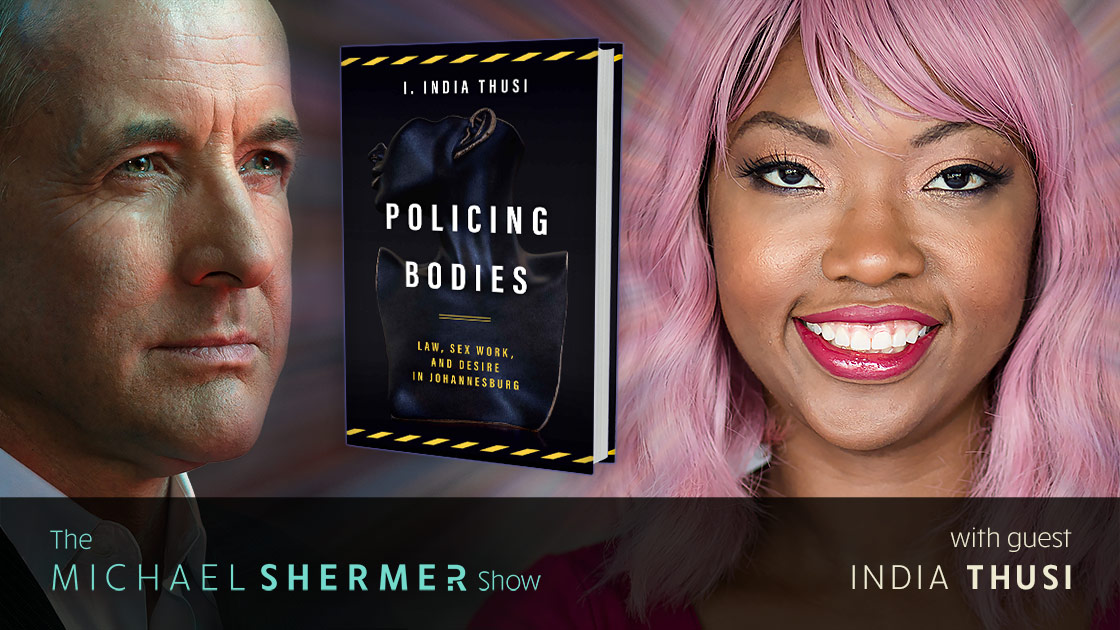
Shermer and Thusi discuss: how she gained access to police and sex workers in Johannesburg • what it was like patrolling brothels in Johannesburg • what sex work is, exactly • why sex workers are mostly women and patrons mostly men • why sex work is illegal in many places and whether it should be legal and regulated • the liminal nature of sex work • Critical Race Theory • racism and antiracism • President Barack Obama • her response…
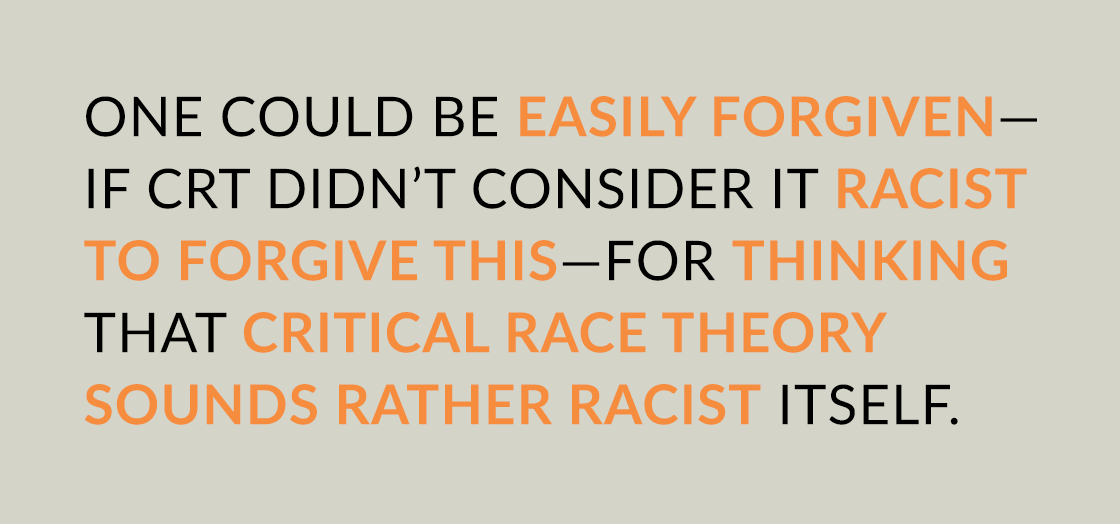
Critical Race Theory (CRT) is, at root, an American phenomenon. So thoroughly is this the case that although its ideas have been used outside the United States for some time, they are often highly flavored by U.S. racial history. CRT holds that race is a social construct that was created to maintain White privilege and […]
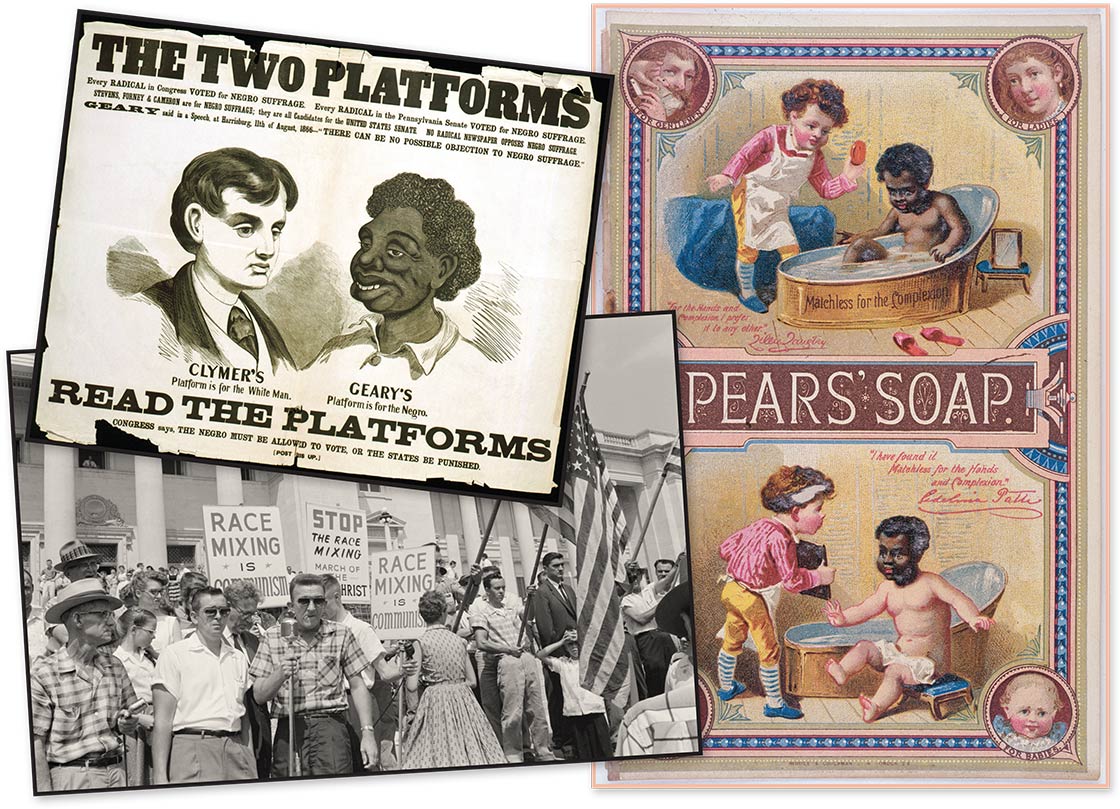
Michael Shermer introduces the theme of Skeptic magazine volume 27, number 3: Race Matters.
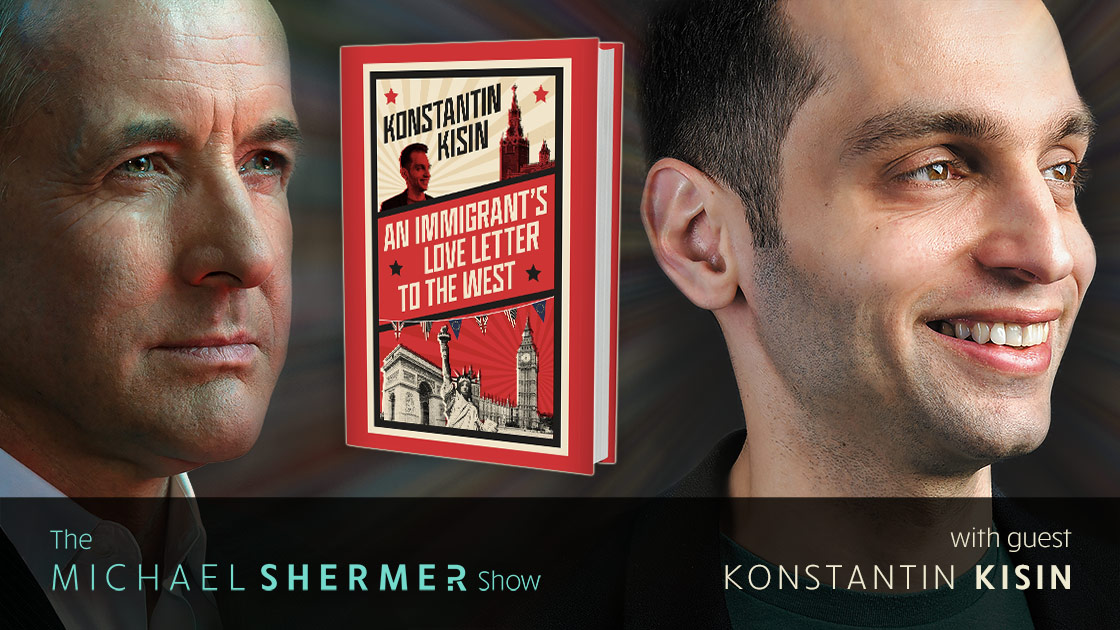
Shermer and Kisin discuss: growing up in Russia • “The Talk” Russian parents give their children • What is the “West” and how do Russians view it • Should Whites feel some guilt for slavery, racism, misogyny, bigotry, etc.? • systemic racism: criminal justice, housing, employment, income, wealth • Critical Race Theory (CRT) • immigration • free, private, and public speech • how language is used to distort truth • the origin of “political correctness” • journalism vs. activism •…
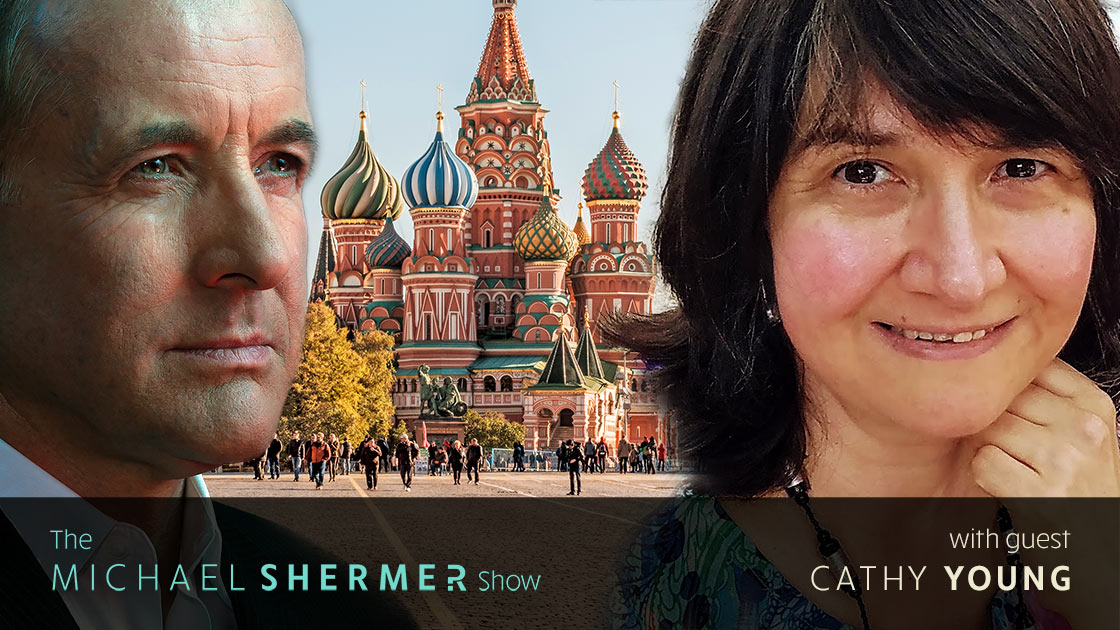
Michael Shermer speaks with Cathy Young, a cultural studies fellow at the Cato Institute. She writes on a wide variety of cultural and political issues, including gender issues (equal opportunity in the workplace, sexual harassment policy, sexual assault and domestic violence law, child custody, etc.), freedom of speech and intellectual tolerance, diversity, education, and perspectives on American history, as well as Russia and U.S.-Russian relations.

Michael Shermer and Douglas Murray discuss: what it takes to become a successful writer • Is this “war” on Western civilization just a necessary course correction from the sins of the past? • Is at least some of the criticisms of Western civilization a form of revenge for past wrongs? • Critical Race Theory: If racism is not the explanation for the present Black/White differences in income, wealth, home ownership, and representation in professional careers, what is? • Racism and…
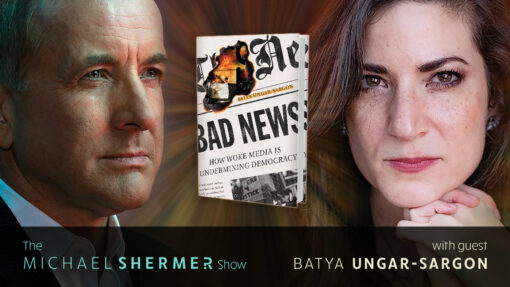
Michael Shermer speaks with Batya Ungar-Sargon about her new book Bad News: How Woke Media Is Undermining Democracy in which she reveals how American journalism underwent a status revolution over the twentieth century — from a blue-collar trade to an elite profession.
Is there vigilantism in science? Was the renowned Harvard biologist Edward O. Wilson wrongly convicted of racism and promoting race science in the court of public opinion? Yes, says his long-time collaborator and world-class scientist Bert Hölldobler. PLUS: Michael Shermer speaks with Batya Ungar-Sargon about her new book Bad News: How Woke Media Is Undermining Democracy in which she reveals how American journalism underwent a status revolution over the twentieth century — from a blue-collar trade to an elite profession.
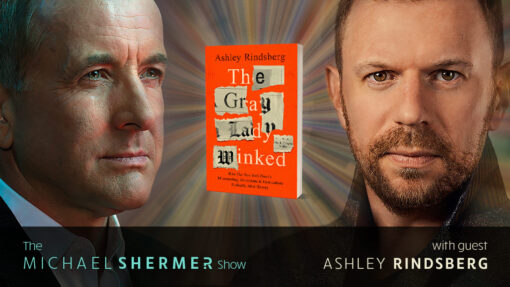
In episode 211, Michael Shermer speaks with Ashley Rindsberg about his book The Gray Lady Winked in which he pulls back the curtain to reveal an eye-opening, often shocking, look at the New York Times’s greatest journalistic failures, so devastating they changed the course of history.
In episode 211, Michael Shermer speaks with Ashley Rindsberg about his book The Gray Lady Winked in which he pulls back the curtain to reveal an eye-opening, often shocking, look at the New York Times’s greatest journalistic failures, so devastating they changed the course of history.






















